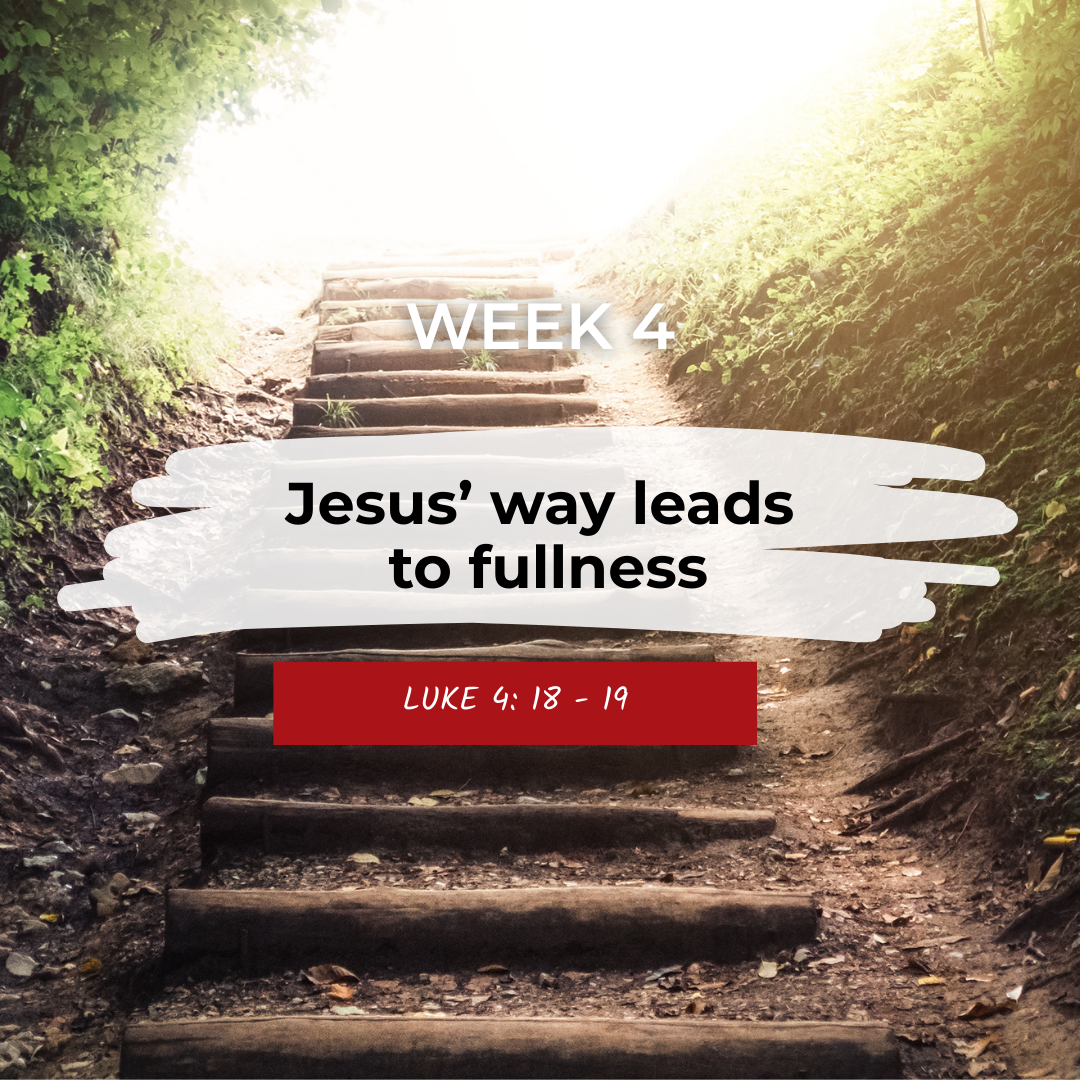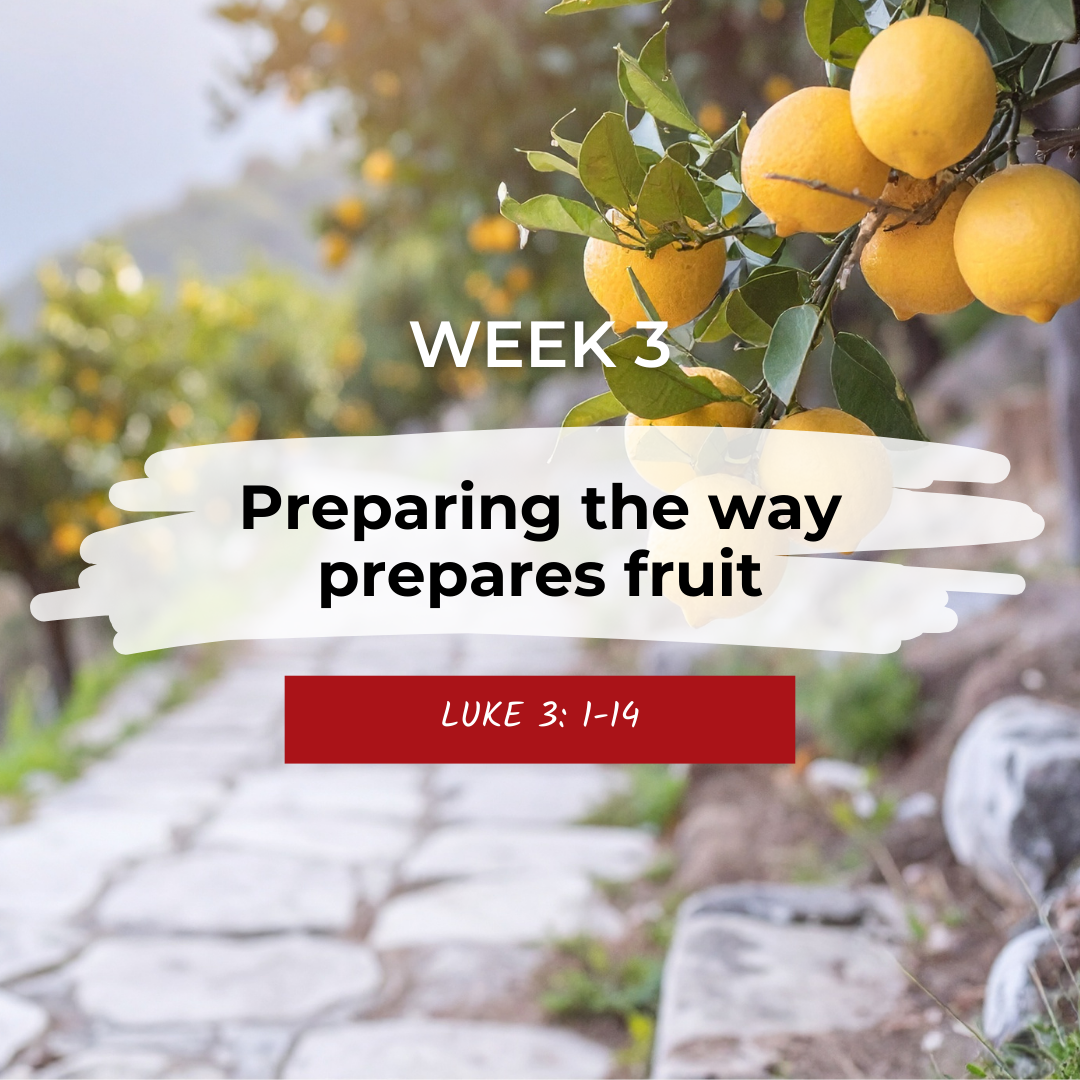Abdul supports economic opportunities to people with disabilities
Stories | January 21, 2024
Around 15 per cent of the world’s population live with some form of disability, the vast majority living in developing countries.
While people with disabilities have the right to work, on an equal basis as people without disabilities, this is often denied and they continue to face enormous barriers, from negative attitudes, accessibility and information. As a result, people with disabilities experience higher rates of unemployment and are at greater risk of exploitation.
CBM Australia have been supporting work in Bangladesh to improve the quality of life of people with disabilities through a project focused on promoting their rights to services, such as health services, education, livelihood opportunities and protection.
One person to benefit from the project is Abdul, a 50-year-old man who has become an inspiring force for change within his community.
As a rickshaw-puller, Abdul relied on his legs greatly. However, after a severe infection that resulted in both his legs being amputated, he was left jobless. Using the knowledge and skills he had picked up from working before as a rickshaw puller, Abdul started working at a cycle repair shop on a part-time basis, living hand-to-mouth.
Although fate had dealt a hard blow, Abdul hadn’t lost hope. After meeting a member from one of the project’s Self-Help Groups (SHG), Abdul joined and learned critical skills in advocacy, communication, and disability rights. After four months, Abdul spoke with the SHG about his livelihood opportunities and together they met with the owner of the mechanic shop where he was working part-time and agreed that Abdul would become a full-time employee. In addition to this work, Abdul also began working from home on various other jobs, such as rickshaw decorating.
Abdul then got permission from his employer to train four members of the SHG at the mechanics shop and arranged jobs for them. He also trained another person with a disability in rickshaw painting and secured a job for them at another factory.
“People with disabilities have to beg or struggle because they have no other option. If they have the option, they can work and live like others. I want to make that possible for them,” said Abdul.
Abdul has not only turned his life around but has played an instrumental role in transforming the lives of other people with disabilities. To continue supporting people with disabilities, Abdul is hoping to open a rickshaw and bike factory where he can create opportunities for both men and women with disabilities to be trained in this profession.
“The factory will be open for training persons with disability free of cost,” envisions Abdul.
CBM acknowledges the support of the Australian Government through the Australian NGO Cooperation Program (ANCP)
https://www.cbm.org.au/stories/abdul-supports-economic-opportunities-people-with-disabilities
Related Stories

Advent 2025: Jesus’ way leads to fullness
The way of Jesus gives people freedom and empowers them to live out their God-given purpose. The last few weeks...

Advent 2025: Preparing the way produces fruit
John the Baptist called people to prepare for God’s presence through repentance and by producing fruit (acts of justice,...

From sports to advocacy – the journey of the Isiolo Umbrella Disability Group
The Promoting Inclusive Delivery of Eye Care (PRIDE) Project is a...
